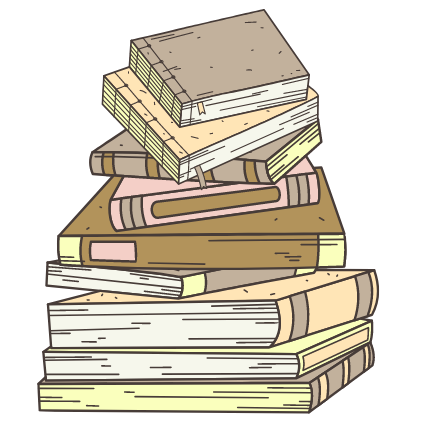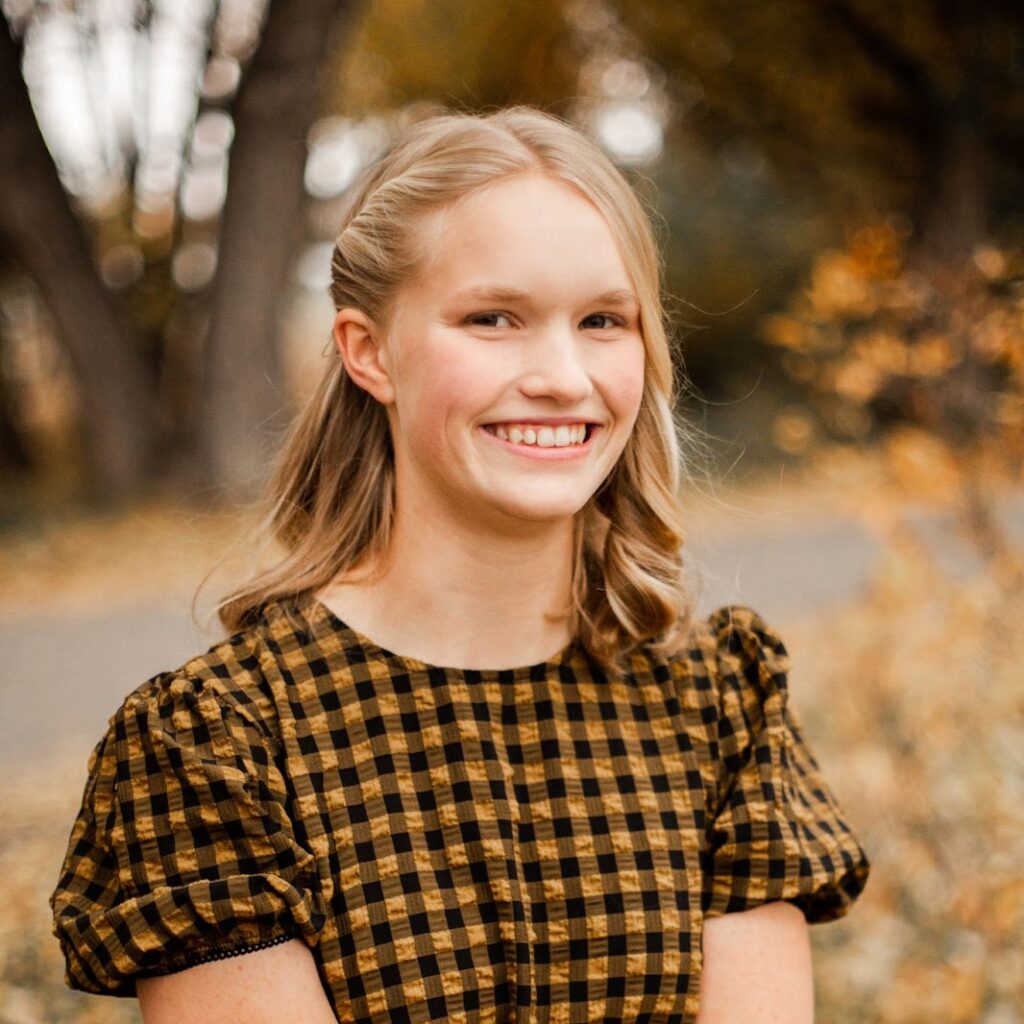
“Eat Your Veggies” (and how that applies to writing)
We’ve all been told to eat our veggies, fruits, and starches at some point in our lives. There is a “My Plate” magnet on our fridge that shows the different food groups and how you need to eat a little bit of each food group from at least 10 years. Even though that magnet has been sitting on our fridge for years, but just a few days ago, it sparked an idea into my brain.
Reading can be so valuable to writers. Reading can act as a form of entertainment, learning, and inspire us all at the same time. Reading can inspire writers to write. It can help teach writers how to write and how a story is laid out. Reading and writing go hand in hand. Really, the best way to learn about writing and stories is to do it. You don’t need fancy writing software or a class in writing. Those resources are still very valuable, but the most basic way of learning about writing is to write and read.
Reading shows us how a story works. Maybe after reading a really intense scene, a writer tries to figure out what makes that scene so suspenseful and intense. Then, she decides to try it out on her own by writing a suspenseful scene.
So how can we learn more about writing by reading? I’m going to dive into this more in a later post, but to get started, we need to eat our veggies.
Metaphorically, I mean.
We need to read widely. New books, old books, big and small. But stepping out of our comfort zone and reading new things can be difficult. May I present a few ideas for how to read wildly.
Reread
I do a lot of rereading. I have ongoing lists of books titled. “Reread in 4 years” “Reread In 10 years” and, “Reread EVERY YEAR” I don’t think the benefits of rereading are talked about enough.
Rereading a story can give you a better understanding of the book. Since you already know how the plot and backstories are laid out, you can shift your focus from finding out what happens to understanding how it happens.
I love rereading books that I read when I was younger. It’s nice to get a refresher on what actually happens in the book (because I have an awful memory) Along with that, I get to stroll down memory lane for a bit. When I reread a book, I can step back into the same world that I stepped into 5 years ago. I’m definitely not the same person I was five years ago, but the book has stood unchanged in all of that time.
So, reread books regularly. Pick up a book you loved many years ago and see what your reaction to it is now. Reread your favorites books, reread books you weren’t a huge fan of. Reread!
Read New Things!
And now we switch to the complete opposite side of reading. Reading new books is a great way to spice up your reading diet. So along with rereading old books, tackle your TBR pile or pick up new books at the library.
Reading a book that you’ve never read before presents risk. You might read something utterly boring or something that you just don’t enjoy. But it also gives you a risk of finding a new favorite book that gets added to the “Reread EVERY YEAR” list.
I know some writers who read a ton of books in their WIP’s genre to get a feel for how the genre works, especially if it’s a genre they are less familiar with. You can discover new tropes and genres that you want to write. (who else did when they first picked up a dystopian book?)
Reading new books can help you step outside of your comfort zone. Think of it like… an interesting vegetable sitting on the table, but you have no idea what it is. It could be celery, or a potato, or something completely different. You have a chance of biting into it and being hit with a horrible flavor, or you could eat a delicious veggie that you decide to put in all of your salads and smoothies for the rest of your life because it’s that yummy.
Take the risk. Read a new book (or eat a new veggie)
Nonfiction
I primarily read fiction books, but I’ve been trying to read more nonfiction lately. I have a very big TBR pile of nonfiction books that I’m snaking my way through.
I think every writer should read some nonfiction books about writing. Instead of having to reread a fiction book over and over in attempts to infer how that book works, writing craft books can explain writing to you in a more concise and sensical way.
This year, I’ve also read a lot of nonfiction books on other hobbies and interests of mine. From 18th century hair adventures to reading about cadavers, it is a very fresh and new reading exploration.
Classics
There are some people who love classic books with a passion, and others who struggle to make it through a chapter. There are still others in between these two extremes too.
I think reading classics is valuable. You can understand all of the Pride and Prejudice memes, along with reading a great work of art that has stood the test of time. A lot of classics are more challenging to read, too, so you can exercise your brain at the same time!
New Releases
And completely opposite from that, we should read new releases too! Newly released books can give us an idea of what is currently happening in the publishing industry. What tropes are being used often? What kinds of character arcs? What are some trends that are currently happening?
I don’t think we should write books with certain tropes or events just because they are currently trending. All trends die at some point. But reading newly released books can help give you an idea of what’s currently happening, and can give you an opportunity to help other authors with launching a book.
And… that concludes my list on how to spice up your reading (or vegetable eating) adventure. What is your favorite “category” of books to read? What are some books you want to reread or read for the first time? I encourage you to pick up a new book, or an old book, or a book you read 10 years ago, and have some fun reading adventures!
Have a great day!
-Hannah
Hi! I’m Hannah, a crazy pen-wielding, jack-of-all-trades writer. I write contemporary stories with a magical (or vintage!) twist, usually featuring big families, delicious food, and a few tear jerking scenes. When I’m not writing, you could find me camping, sewing, hiking, cycling, skiing, playing violin or piano, reading, and many other “-ing” words.
